You’ve been working on your comic for what probably seems like forever and finally, you feel that you are ready to share it with the world. Of course, you can always go the route of self-publishing, but that carries with it a number of obligations and expectations — printing, shipping, marketing — that you may not have the desire or the knowledge to take on. Thankfully, there are a number of amazing small press comics publishers who are constantly looking to expand their catalog and bring new voices into the world.
Unfortunately, though, as much as there are ethical publishers who want what’s best for the artists they publish, there are also bad actors who prey on the talents of young and new creators.
How do I move forward from an idea to a finished book? How should I approach the licensing of print and digital rights for my comics? Who owns the copyright for my work? How do royalties and advances work? There are a lot of questions about the publishing process, some of which are unique to comics, and some of which are standard areas of concern for working artists around the world.
Part of the goal of Fieldmouse Press, the nonprofit press that publishes SOLRAD, is to advance the comics arts. We see the continued social and economic success of cartoonists as integral to that goal. SOLRAD has devoted and will continue to devote resources to this area of focus.
To this end, we are running an ongoing feature at SOLRAD called THE MORE YOU KNOW where we both feature an artist every week and ask for their advice about navigating the world of comics publishing, best practices for the business of comics, and other general advice.
For the initial interview for this series, Sarah Wray from Astra Editorial, who has worked with publishers such as Avery Hill, Liminal 11, and Breakdown Press, reached out to a number of cartoonists that she has worked with and provided them with the following prompting statements:
- The main thing(s) I expect from a comics publisher is/are…
- My #1 advice for submitting to agents and publishers…
- A sneaky red flag or shady thing I would warn new creators to look out for…
- I think it can be worth it to take a lower-paid illustration job in return for ___…
- If a publisher/offer seemed too good to be true, here’s how I’d check it out…
- An organization I’d go to for support if I needed advice or if something went wrong…
- My best tip for promoting your work online and at cons…
- To take care of your health / mental health as an artist, I recommend…
- I wish someone had told me ___ before I started working in the comics industry…

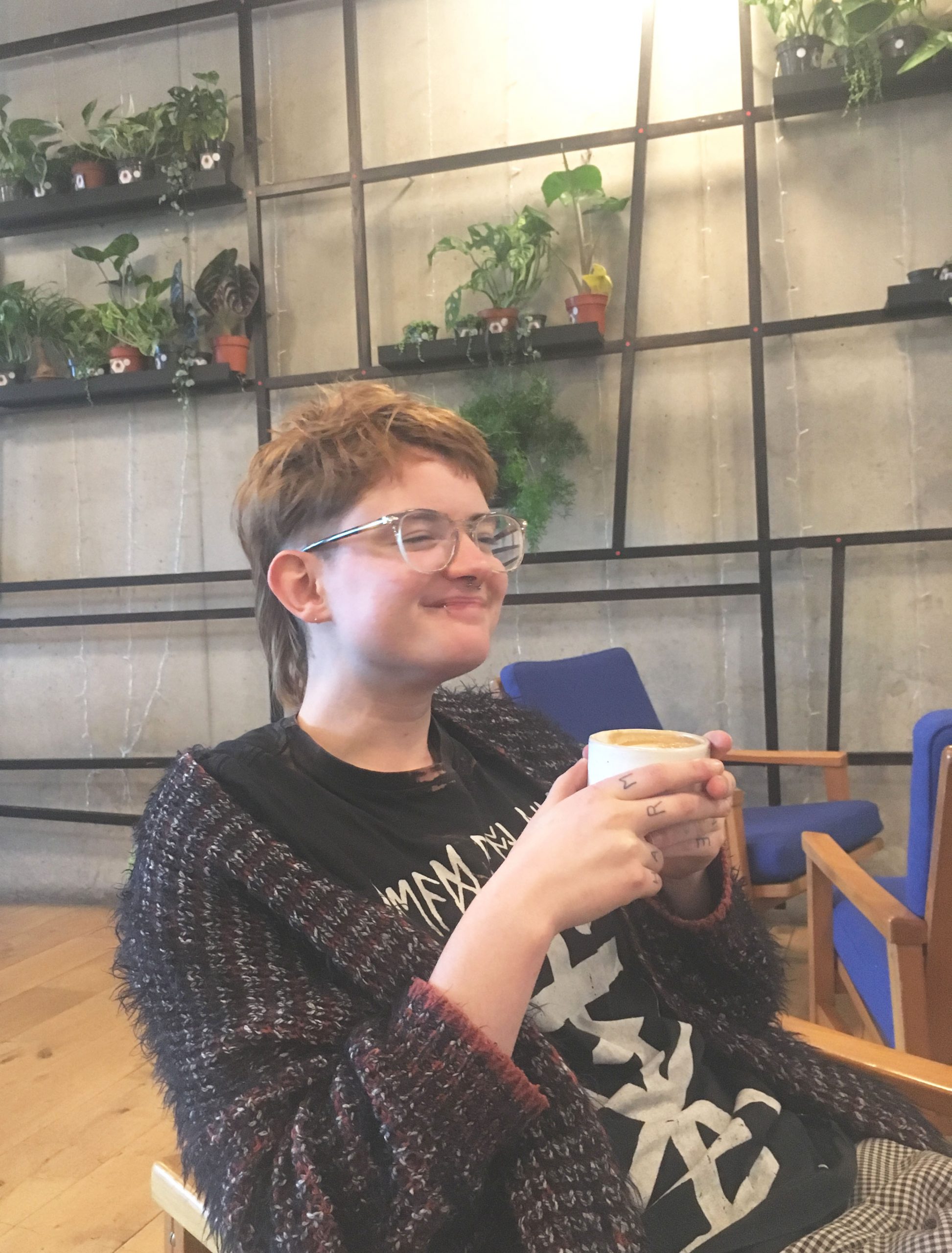
Today on The More You Know we’re featuring tips from Alabaster Pizzo and B Mure.
Alabaster Pizzo is a cartoonist and animation designer living in Los Angeles. You can find Alabaster’s work at http://www.alabasterpizzo.com/ and on Twitter and Instagram as @AlabasterPizzo.
B Mure is a cartoonist and educator in Nottingham, UK. You can find his work at https://bmuredraws.com/. He is currently working on a comic for the Cool Comics Club Anthology and can be found on Twitter @beemure and Instagram @b_mure.
Alabaster Pizzo

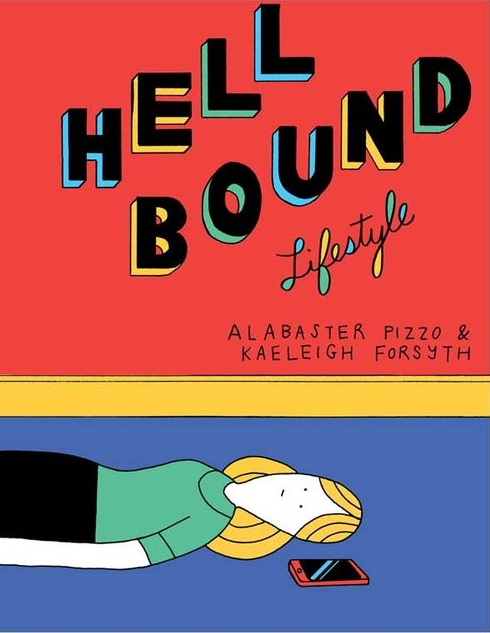

I think it can be worth it to take a lower-paid illustration job if it’s for a good cause I believe in, if it’s for a close friend, if it could actually get me real exposure that I want (this shouldn’t replace pay if it’s from an organization that can pay, however), if I have a lot of creative freedom, if whoever is hiring me doesn’t have a big budget but they do or collect or publish or print work I like a lot and I value their labor of love, if I feel like it!
B Mure
The only times it has been worth taking a lower-paid illustration job are when the commissioner or organization is really upfront and transparent with why. If it’s for a grassroots organization you really believe in who has scant funding, that can be really worth it. I did work for the Bristol Cable when they first started who were very honest about their limited funds but their intention to pay illustrators more when they could (which they have done! Every time I get a new job the rate goes up and that’s great).
I’ve also done free/cheap work as an act of solidarity for friends with businesses who are struggling. These are people who I really want to help out with whatever resources I have, people who are actively doing work to help their communities and who I know have my back.
Make sure you look after yourself as best you can. Sometimes you have to do some late nights, long hours, or your health or financial circumstances can make things difficult. If nothing else make sure you can keep drinking water, get into doing stretches, maybe some gentle yoga if you’re sat for long periods, and give yourself screen breaks. It is hard to remember, but really learn what things you need when. None of this will magically solve all your ills and obviously, when you’re in real survival mode it can be hard enough to do anything, but it does help.
I wish someone had told me to be patient with myself before I started working in comics. sometimes progress can feel really slow but you can only go at your own pace and manage your own expectations. I went really hard a few years ago and exhausted myself, both mentally and physically and it is only in the last year I am starting to feel more recovered.
Productivity is a scam! What you make isn’t tied inherently to your self-worth! remember you started at one point because you love comics and even though comics is a cruel mistress there are so many little delights to be had
It is really great to have some sort of peer group, which can be tough to find if you’re particularly isolated (geographically or otherwise). Nothing helps like having people you can bounce ideas off of or just share the struggle with. All the best things I have learned about comics have been from watching other people’s work and them being willing to share insight. Conventions can be helpful for meeting people but social media, while often awful, can be incredibly useful for meeting people or finding, for example, Discord servers to join where you can share stuff. So often I’ve just needed someone to ask if an email makes sense, or if this color looks okay, or about plot points I’m really stuck on. Online networks help with that.
If you have tips about publishing you would like to share with SOLRAD, please email Daniel Elkin, our editor, at elkin@fieldmouse.press.
Thanks to Sarah Wray for contacting cartoonists and setting up this series of micro-interviews.
SOLRAD is made possible by the generous donations of readers like you. Support our Patreon campaign, or make a tax-deductible donation to our publisher, Fieldmouse Press, today.

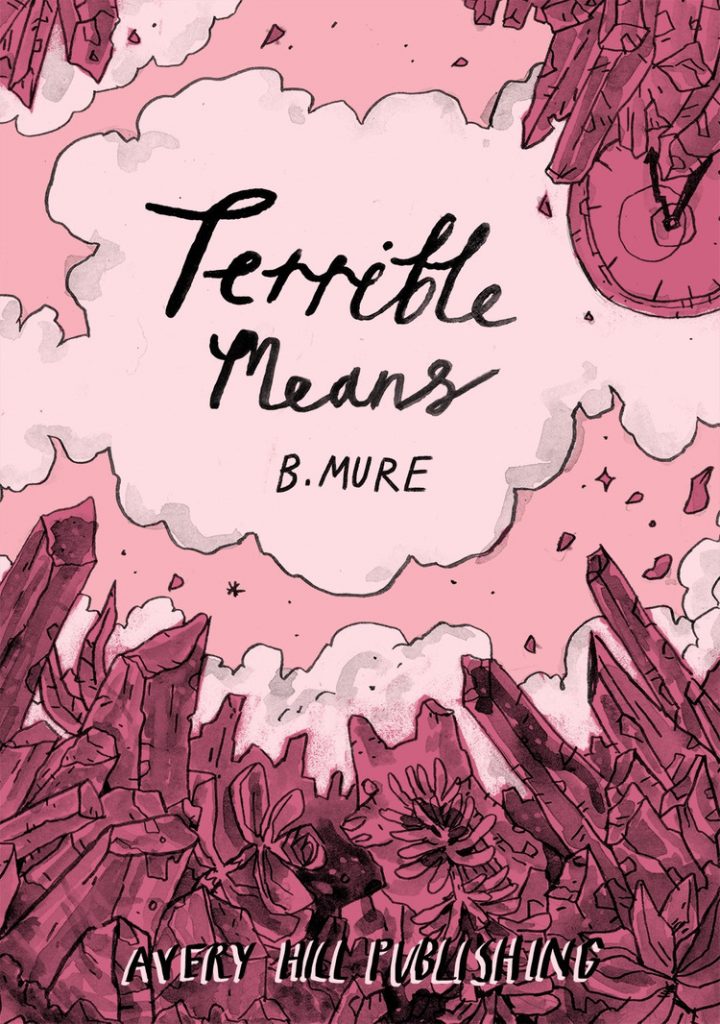
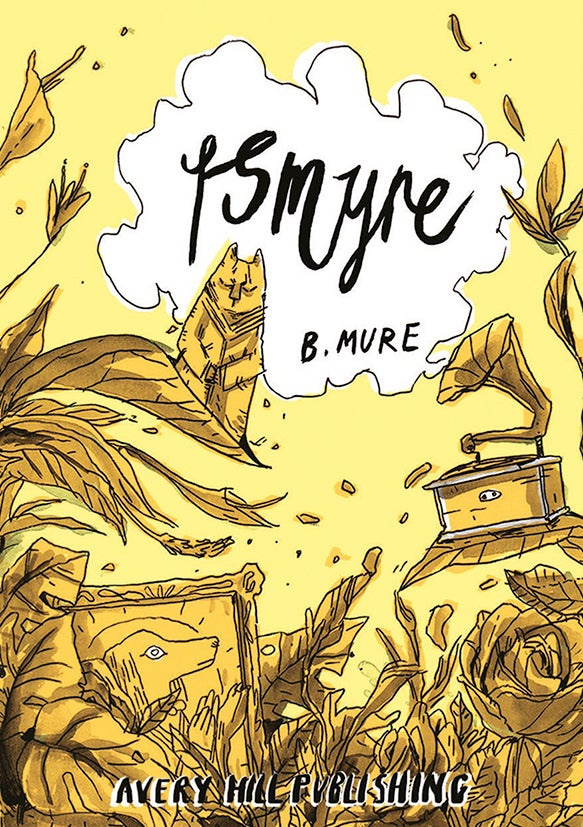
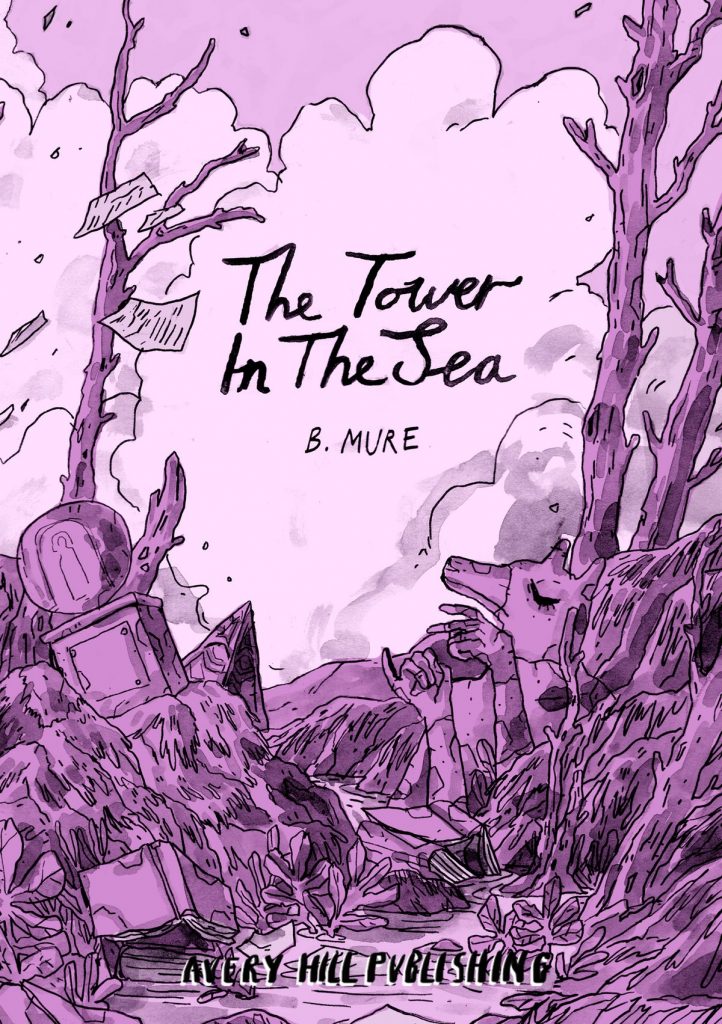
Leave a Reply